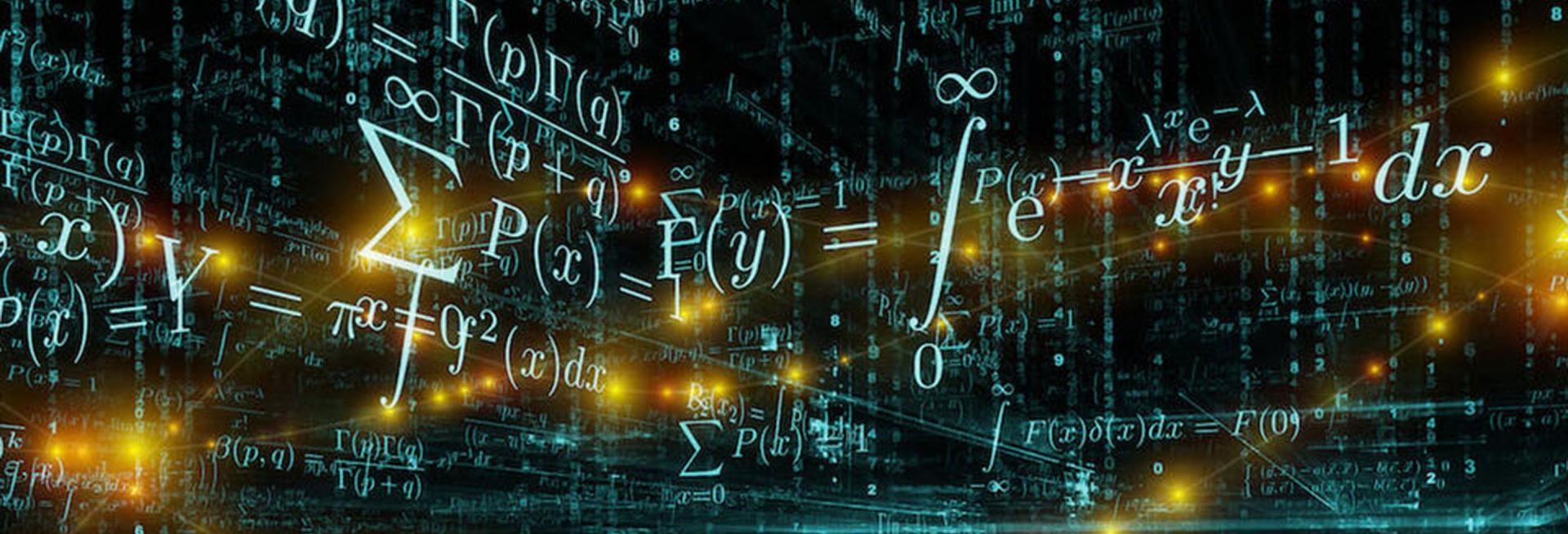What is COMPOS?
The Comprehensive Oxford Mathematics and Physics Online School is an innovative large-scale long-term outreach project within the Department of Physics, University of Oxford. Its mission is to help enthusiastic school students to systematically learn mathematics and physics at a deep level by offering them free tuition and mentoring.
The COMPOS curriculum largely follows the school syllabus, but presents the material at a higher and deeper level, concentrating on problem-solving skills. Students receive assignments, to solve throughout the academic year. Each assignment includes reading material, links to online lectures and a problem set, one each for both maths and physics. Students' work is marked and returned by their tutor – typically an undergraduate from the Oxford Department of Physics – who also delivers weekly online tutorials in small groups of five or six students. The assignments and tutorials are complemented by weekly webinars for each year group.
In other areas, such as sports or the arts, it is well-established that keen and talented young people need additional training to excel in their chosen field. Musicians can join youth orchestras and choirs, gymnasts can join clubs and compete in tournaments, footballers can join youth academies. COMPOS provides the same out of school enrichment to young people with a strong interest in physics and maths.
Thanks to funding by an external private donor MESME, COMPOS participation is free of charge to UK school students and is available for a moderate fee to private and international students. Because all COMPOS activities are online, all that students need to take part is an internet connection and email address.
COMPOS featured in Alex Bellos's Monday puzzle in the Guardian

